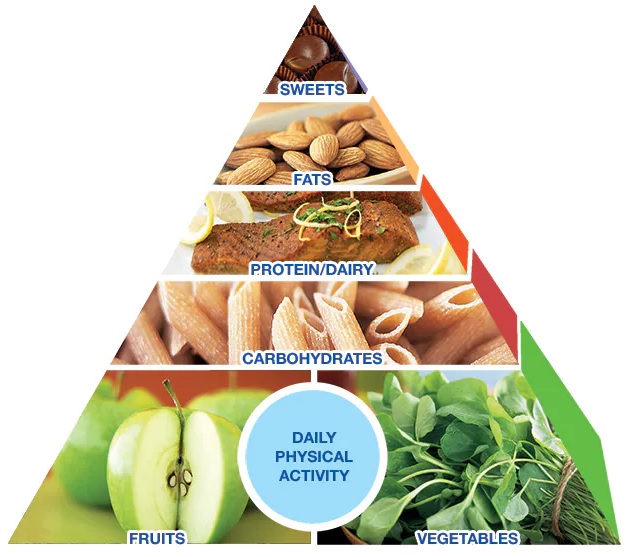The Mayo Clinic Diet is a well known and respected weight loss program developed by experts at the prestigious Mayo Clinic. This diet is not a short term fad but rather a lifestyle approach to healthy eating and sustainable weight management. In this article we will explore the principles, benefits and key features of the Mayo Clinic Diet.
Principles of the Mayo Clinic Diet:
The Mayo Clinic Diet is based on the following principles:
- Healthy and balanced eating: The diet focuses on consuming a variety of nutrient-dense foods, including fruits, vegetables, whole grains, lean proteins, and healthy fats. It encourages individuals to make healthier food choices and adopt a balanced approach to eating.
- Portion control: The Clinic Diet emphasizes portion control to help individuals manage their calorie intake and prevent overeating. It provides guidelines and recommendations for appropriate serving sizes.
- Physical activity: Along with healthy eating, the diet emphasizes the importance of regular physical activity. It encourages individuals to incorporate exercise into their daily routine for overall health and weight management.
- Behavior change: The Clinic Diet recognizes the significance of behavior change in achieving long-term success. It emphasizes developing healthy habits, such as mindful eating, setting realistic goals, and managing emotional triggers.
Benefits of the Mayo Clinic Diet:
The Mayo Clinic Diet offers several benefits for individuals looking to achieve and maintain a healthy weight:
- Healthy and sustainable weight loss: The diet promotes gradual weight loss by focusing on making long-term lifestyle changes rather than relying on quick fixes. This approach is more likely to lead to sustainable results.
- Balanced nutrition: The Clinic Diet encourages the consumption of a wide variety of nutrient-rich foods, ensuring that individuals receive essential vitamins, minerals, and other nutrients. It promotes a balanced approach to eating that supports overall health.
- Improved overall health: By emphasizing healthy eating and regular physical activity, the Mayo Clinic Diet can contribute to improved cardiovascular health, better blood sugar control, and reduced risk of chronic diseases such as diabetes and certain cancers.
- Behavior modification: The diet recognizes the importance of changing behaviors and establishing healthy habits for long-term success. It provides guidance and support to help individuals develop healthier relationships with food and make sustainable lifestyle changes.
Key Features of the Mayo Clinic Diet:
Here are some key features of the Mayo Clinic Diet:
- Two phases: The diet consists of two phases: “Lose It!” and “Live It!” The first phase focuses on jump-starting weight loss by adopting healthy eating habits, while the second phase emphasizes maintaining a healthy weight through continued healthy eating and lifestyle choices.
- Food pyramid: The Clinic Diet incorporates a food pyramid that guides individuals on the types and amounts of foods to consume. The pyramid emphasizes fruits, vegetables, and whole grains as the foundation, and gradually incorporates lean proteins and healthy fats.
- Practical and flexible approach: The diet provides practical tips and strategies for making healthier food choices, dining out, and managing challenges. It allows for flexibility and individual customization within its guidelines.
- Online tools and resources: The Clinic Diet offers online tools, meal planners, recipes, and educational resources to support individuals in their weight loss journey. These resources provide additional guidance, tracking tools, and a community for support.

Mayo Clinic Healthy Weight Pyramid. Image credit: https://www.mayoclinic.org
The Mayo Clinic Diet is a reputable and comprehensive weight loss program that promotes healthy eating portion control, regular physical activity and behavior change. By adopting a balanced approach to eating and making sustainable lifestyle changes. individuals can achieve healthy weight loss and improve overall health. It is important to consult with your healthcare professional before starting any weight loss program to make sure it aligns with your specific health conditions.
